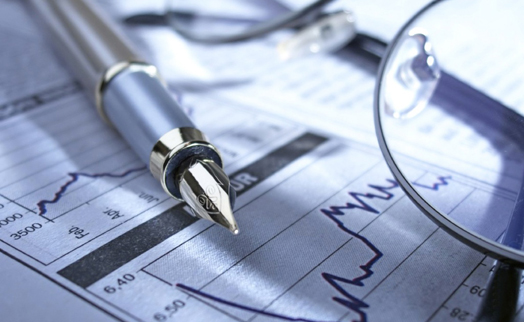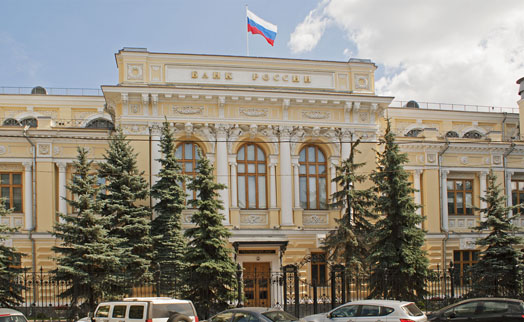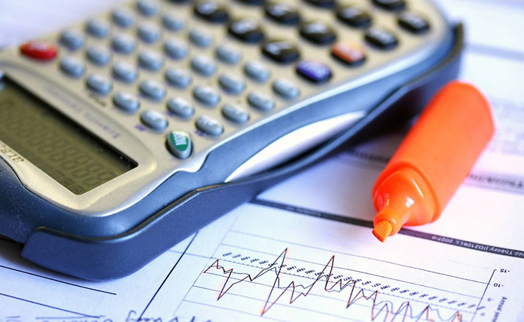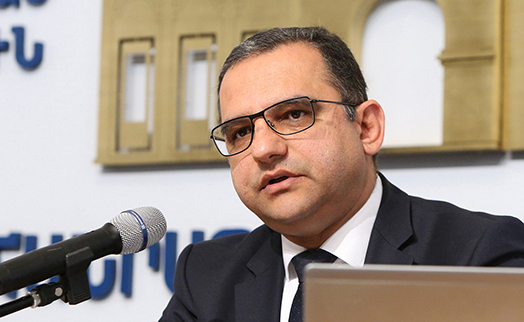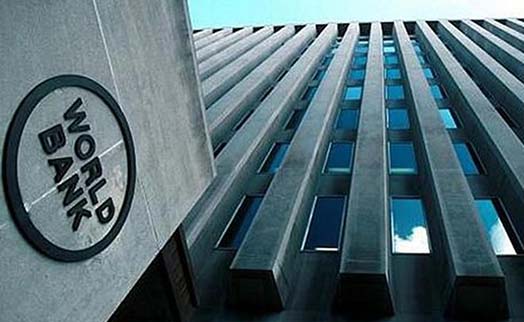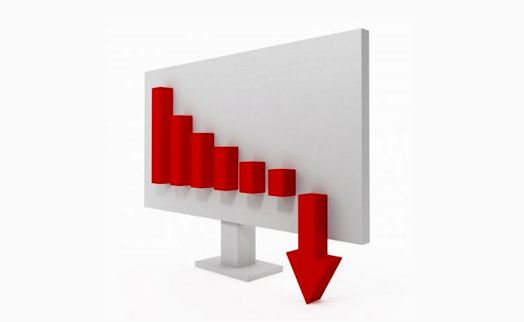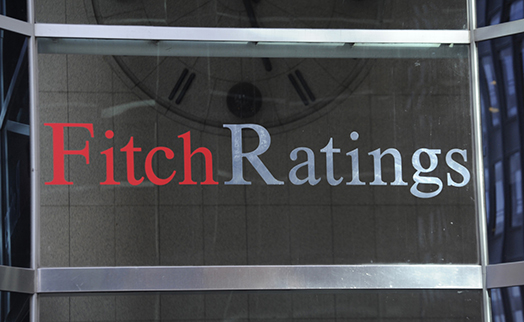14.06.2011 15:06

YEREVAN, June 14, /ARKA/. Armenia’s GDP is expected to grow by 4.6% in 2011 and drop to 4.3% in 2012 and to 4.2% in 2013, the World Bank said in its June 2011 edition of Global Economic Prospects report, sent to ARKA news agency by World Bank Yerevan Office.
According to the report, GDP growth in developing Europe and Central Asia rebounded to an estimated 5.2 percent in 2010, following a 6.5 percent contraction in 2009. Limited credit growth, the deleveraging of household-sector balance sheets, and continued industrial sector restructuring (following the easy-credit fueled excesses of the boom period) are projected to continue weighing on GDP, which is expected to increase by a relatively subdued 4.7 percent in 2011 and 4.5 percent in both 2012 and 2013.
The report says these aggregate figures hide significant variation across countries within the region, with outturns in those countries that were most caught up in the boom period performing least well. High commodity prices will boost incomes of resource-rich economies in the region, contributing to strong import demand and remittance flows, which will benefit other countries in the region with the closest trade and migration ties with them.
“The financial crisis for most developing countries is over,” said Andrew Burns, manager of Global Macroeconomics and lead author of the report. “Efforts must now focus on returning monetary policy to a more neutral stance and rebuilding the fiscal cushions that allowed developing countries to respond to the crisis with counter-cyclical policies. Increasingly, medium-term prospects will depend on the kind of slow-acting social, regulatory and infrastructural reforms that generate improved productivity and sustainable growth.”
The World Bank projects that as developing countries reach full capacity, growth will slow from 7.3 percent in 2010 to around 6.3 percent each year from 2011-2013. High-income countries will see growth slow from 2.7 percent in 2010 to 2.2 percent in 2011 before picking up to 2.7 percent and 2.6 percent in 2012 and 2013 respectively
“Globally, GDP is expected to grow 3.2 percent in 2011 before edging up to 3.6 percent in 2012,” said Justin Yifu Lin, the World Bank’s Chief Economist and Senior Vice President for Development Economics. “But further increases in already high oil and food prices could significantly curb economic growth and hurt the poor."
The report says also that high oil prices and production shortfalls due to bad weather have contributed to higher food prices, which has negative consequences for the poor who spend a high proportion of their income on food. Although domestic food prices in most developing countries rose much less than international prices during the 2010/11 spike (7.9 percent since June 2010 versus 40 percent for international prices), local prices may rise further as international price changes slowly pass through into domestic markets. In addition, if the 2011/12 crop year disappoints, food prices may rise further, placing additional pressures on the incomes, nutrition, and health of poor families. -0-
Read the news first and discuss them in our Telegram
Tags:





